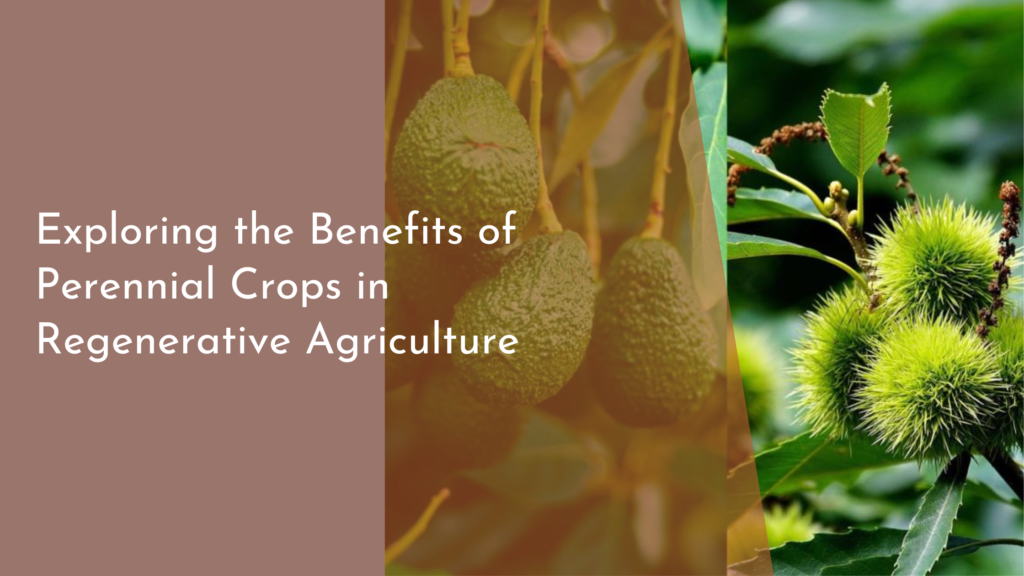Best Herbs for Pollinator-Friendly Gardens
Creating a pollinator-friendly garden is not only an environmentally conscious choice, but it can also transform your outdoor space into a vibrant oasis of color and life. By incorporating specific herbs known to attract bees, butterflies, and other beneficial insects, you can contribute to the health of local ecosystems while enjoying the delightful fragrances and flavors these plants offer. In this article, we will explore the best herbs for enticing pollinators, provide planting tips for a thriving garden, and highlight the benefits of nurturing these essential creatures alongside your herbs.
As you embark on your pollinator garden journey, remember that every little effort counts. Even a small balcony or outdoor space can become a sanctuary for buzzing bees and fluttering butterflies. Let’s dive into the enchanting world of herbs that support pollinators, ensuring a lively and productive garden that brings joy to both you and your winged visitors!
Discover the Magic of Pollinator-Friendly Herbs Today!
Herbs can be a hidden gem in the world of pollinator gardens. They not only enhance culinary endeavors but also provide crucial habitats and food sources for pollinators. With their vibrant blooms and fragrant foliage, herbs like lavender, mint, and basil offer a rich nectar source, attracting a variety of species. Each herb has its own unique appeal; for example, the delicate blossoms of chives are irresistible to bees, while the tall spikes of bee balm create a stunning visual display that invites butterflies.
In addition to their aesthetic and ecological benefits, pollinator-friendly herbs are generally easy to grow, making them perfect for beginner gardeners or those short on time. Many of these herbs thrive in a range of conditions and can be planted in pots, raised beds, or garden borders. By choosing the right herbs, you can cultivate a garden that not only looks beautiful but also plays a key role in supporting the health of our planet’s pollinators.
Top 10 Herbs That Attract Bees and Butterflies
-
Lavender: This aromatic herb produces stunning purple flowers that emit a sweet fragrance, attracting bees and butterflies alike. It thrives in well-drained soil and full sun and is perfect for borders and pathways.
-
Basil: Even the culinary stalwart basil shines in the pollinator garden. Its flowers are magnetizing to bees, especially when allowed to bloom. Plus, fresh basil adds flavor to your dishes!
-
Thyme: A low-growing herb, thyme offers clusters of tiny flowers that are a favorite among bees. It is drought-resistant and perfect for rock gardens or as ground cover.
-
Oregano: Known for its culinary uses, oregano blooms into beautiful clusters that draw in butterflies. It prefers sunny spots and well-drained soil.
-
Bee Balm: As its name suggests, bee balm is a must-have for any pollinator garden. Its vibrant red, pink, or purple flowers attract a myriad of pollinators while adding a pop of color.
-
Chives: This herb’s round purple blossoms are not only edible but also a favorite for bees. Chives are easy to grow and can flourish in a variety of conditions.
-
Peppermint: Peppermint’s fragrant leaves and delicate flowers attract butterflies and bees. This herb thrives in rich, moist soil, making it perfect for garden beds or pots.
-
Sage: The beautiful purple flowers of sage are irresistible to pollinators. This hardy herb is versatile in the kitchen and can be grown in various settings.
-
Fennel: Fennel’s tall stalks and feathery leaves create a striking appearance, while its flowers attract numerous beneficial insects. It thrives in sunny locations and well-drained soil.
-
Marjoram: With its clusters of small, pink flowers, marjoram is another herb that delights pollinators. It grows well in containers and can complement many garden designs.
Planting Tips for a Vibrant Pollinator Garden
Creating a successful pollinator-friendly garden begins with proper planning and execution. Choose a diverse range of herbs that bloom at different times throughout the growing season. This ensures a continuous food supply for pollinators from spring through fall. Additionally, consider planting in clusters rather than single plants; this makes it easier for pollinators to find food and encourages them to linger longer in your garden.
Soil quality also plays a vital role in the success of your herbs. Ensure you have well-drained soil and enrich it with organic matter to support healthy growth. Water your herbs regularly, especially during dry spells, but be careful not to overwater. Finally, avoid using pesticides and chemical fertilizers, as they can harm pollinators. Instead, opt for natural pest control methods to keep your garden thriving without compromising its inhabitants.
Enjoy the Benefits: Herbs and Happy Pollinators!
Nurturing a pollinator-friendly garden filled with herbs brings numerous benefits beyond the aesthetic appeal. Pollinators like bees and butterflies play a crucial role in the food chain, helping to propagate various plants, including many of our favorite fruits and vegetables. By supporting these essential creatures, you are contributing to a healthier ecosystem and promoting biodiversity in your local area.
Moreover, as your garden flourishes, you’ll enjoy fresh herbs right at your fingertips. From culinary delights to soothing herbal teas, the possibilities are endless. Plus, gardening is a fantastic way to connect with nature, reduce stress, and find joy in the simple pleasures of life. So, grab your gardening tools, plant those herbs, and watch as your garden buzzes with life and color!
In conclusion, creating a pollinator-friendly garden with herbs is an enriching experience for both you and the environment. By selecting the right herbs, implementing thoughtful planting strategies, and nurturing your garden with care, you can attract a vibrant community of pollinators. These little creatures will not only enhance the beauty of your garden but also play a vital role in sustaining the ecosystem. So, let’s embrace the magic of pollinator-friendly herbs and enjoy the delightful dance of bees and butterflies in our gardens! Happy gardening!

